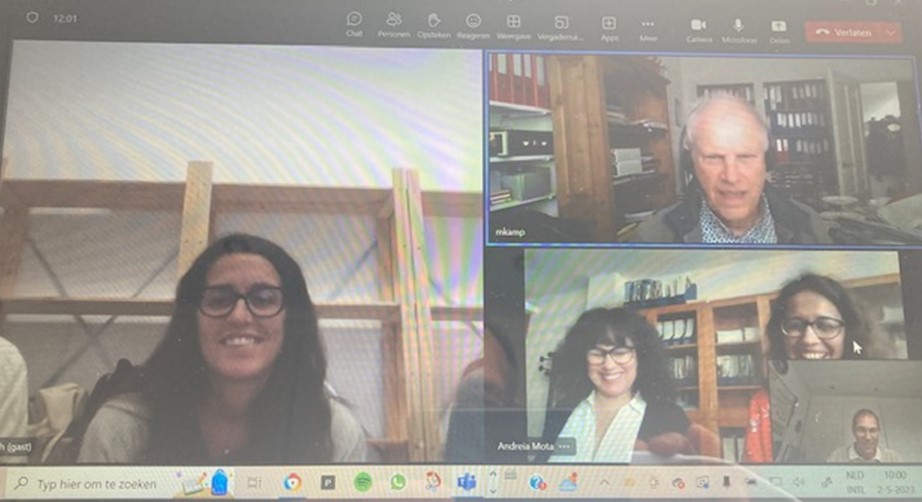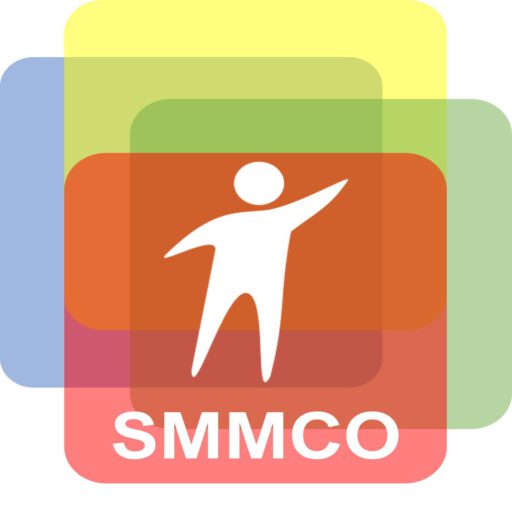3rd SMMCO meeting | 2nd of May 2023
Our 3rd meeting was supposed to start every first Monday in the month. But Labour Day (Primeiro de Maio, Fiesta de la Exaltación del Trabajo ) is not mend to forget. This day is important for us all. Therefore we all agreed to have our meeting on Tuesday. You might say that we broke our first promise to the Erasmus+ program. Luckily the program organizers did not mind.
In our second online transnational meeting, we were all presented and the Cooperativa Social Si of Campanet introduced us to a new member of staff. Petrina is a young but enthusiastic young person and dedicated to tribute to the module to make sure that all clients will benefit from our learning to increase SDS well known for ‘Self-Directed Support’.

In the previous meeting, many points were addressed and all of the people from the representing countries gave their input. Due to enthusiasm, it is harder to keep in line with the Erasmus+ program. All members want more influence to make sure that our target group will benefit as much as we can achieve together.
One of the main issues is that a ‘client approach’ will mean that several target groups are being used. It’s not only people with a handicap. But also people who need care from other people. Elderly people, young people, addicted people, and so on.
Another important part is that documents should not only be written in English, any language which is out there should be able to understand our findings or explanation of models. As long as we are able to support people.
At this particular time, we had the first short exercise with a group of care workers. These managers were being asked if they have time enough to spend and listen to the clients. Despite the good work from all the (nearly) 30 people we interviewed explained that time in their daily routine was the biggest challenge. Not having enough time to spend with the client was the problem. Therefore the majority of this group explained that a directive approach or communication with the clients is not an uncommon thing.
In our modules, we hope to challenge this huge dilemma as this is so important that we don’t get stuck due to time issues but that we can continue creating better conditions for people who need other people to go through daily routines.
Next to the general matters and action list, we all agreed again that our purpose to challenge this issue is not just a simple matter but a case of continuous improvement.
